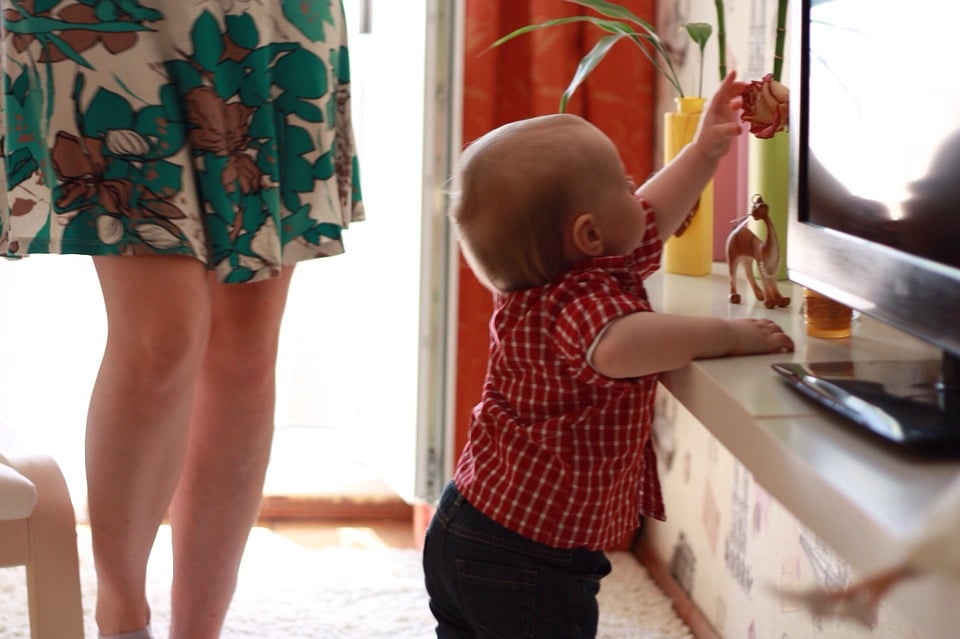I’m sure you’re all aware that children ask a lot of questions. I mean a LOT of questions….
- Why is the sky blue?
- Why do cats purr?
- Why are planets round?
- Where did the dinosaurs go?
- Why are there so many languages in the world?
... and the rest….
Don’t get me wrong here. I think it’s absolutely amazing to have an inquisitive child, and it’s admirable that you promptly and enthusiastically bestow your wisdom. But after reading a few articles on the topic, there may be another arrow to add to the quiver of the walking Wikipedia.
A former math teacher named Steven Clarke explained why on Quora when a parent posted the question:
“My toddler asks ‘why?’ to just about everything. How should I handle this?”
In his striking response (which was one of hundreds), Clarke wrote:
"Most of the advice here is about how to answer your child’s questions, but that practice reinforces the idea that the way to gain knowledge is to seek answers from an authority. No doubt this is frequently a useful approach, but it’s clear that your child already knows how to do this (since they are asking you a question). It’s much better to take this opportunity to work on the important but much-neglected skill of trying to figure things out for yourself! Ask the child what they think the answer is. Frequently, for simple questions, you (and the child) may be surprised to find that they already know the answer, or at least part of it."

I couldn’t agree more with this statement, and it reinforces my thoughts that our current western society appears to have a dogged determination in suppressing common sense development and replacing it with laws, rules, regulations and the availability of instant answers without having to work for them.
Calm, blue ocean…… ok, I’ll hop off my soapbox now.
He gave several real-life examples on topics where the child should be able to derive an answer, to questions where there is zero knowledge – each time turning the spotlight back onto the child for them to analyze the problem, and work their way through it. I stress that this is not specifically about the instant gratification of an answer, but more about cultivating crucial critical thinking skills.
He gives an example by breaking down the idea with the classic “Why is the sky blue?” question:
Child: "Why is the sky blue?"
Parent: "Can you think of any reason why it might be?"
Child: "Umm... maybe someone colored it with a blue crayon."
Parent: "Maybe. How big of a crayon would they need?"
Child: "A crayon as big as our house!"
Parent: "Wow! That's really big! Do you think there is a crayon that big? Who would be able to lift it?"
And so on.
Not only would this conversation give the child encouragement in thinking through the possibilities, it would also give the parent insight into what's going on in the child's mind. (It may just lead to silly conjectures, but such are often the source of creative thinking and almost always a lot of fun.) And for a small child it certainly would be more meaningful and useful than received wisdom about the light-scattering properties of the atmosphere.

It doesn’t matter which way you look at it, by prompting children to think for themselves instead of offering an immediate answer, we are fostering the growth of critical thinking and independent analysis skills – not to mention that having to ‘work’ for an explanation actually increases the retention of whole solution.
Of course the downside is that it takes longer, and in an era where we all seem to be starved of time, perhaps we should also think of it as parent-child quality time, while honing those conversational skills.
At the end of the day, my advice would be – patience pays off.

